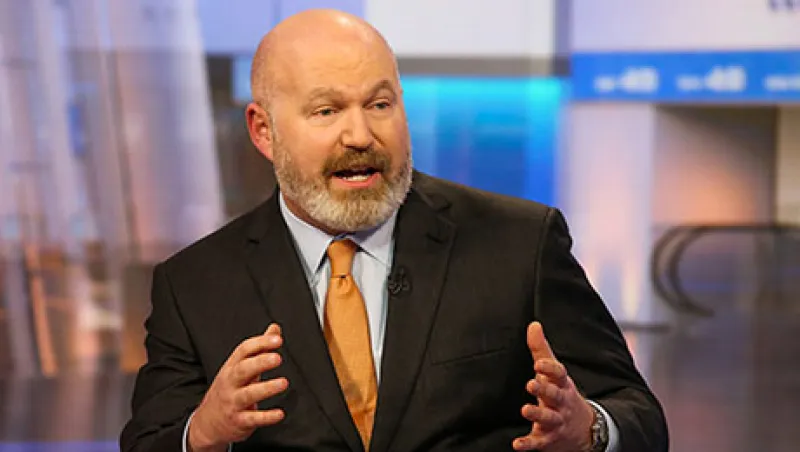A new and unexpected voice has joined the chorus of those in financial services opposed to the U.S. Department of Labor’s fiduciary rule: Cliff Asness, the founder of hedge fund firm AQR Capital Management. This week Asness threw a few punches at the new rule. And, as one would expect from a leading quantitative manager, Asness’s critique is both detailed and technical.
The battle against the DoL rule to govern conflicts of interest for those dispensing financial advice has until now been fought solely by those selling retirement products at stock brokerages and insurance firms. In fact, only one prominent hedge funder has publicly expressed a negative view of the fiduciary rule first proposed in 2010, then released after a revamp in April 2016, and scheduled to take effect on April 10.
That critic, Anthony Scaramucci, declared his views a week before the presidential election, a period in which he was serving as a highly visible surrogate for then-candidate Donald Trump. In a Wall Street Journal op-ed titled “Your 401(k) Doesn’t Need a Federal Babysitter,” Scaramucci, who has since been tapped to be a Trump adviser and is selling his hedge fund firm, SkyBridge Capital, laid out an argument that the fiduciary rule will cause more investors to give up actively managed products, such as hedge funds, to invest in passively managed index funds.
It turns out that Asness, whose firm manages about $170 billion in a variety of investment strategies, feels pretty much the same way as Scaramucci does, although he states his views at greater length and depth in a paper titled “Caveat Investor? The ‘Fiduciary Rule’ and Unintended Consequences” posted on AQR’s web site.
“Who could argue with an adviser having to act in the best interest of his or her client?” Asness begins. “I’m indeed going to argue that it’s at least less obvious than it first appears.” Then he is off and running with his fears about the potential unintended consequences of the fiduciary rule.
Among the hedge fund manager’s central arguments is one that “legislation or regulation that says people must be good doesn’t actually ensure they will be good,” raising the threat of an increasing number of lawsuits against bad actors. But, says Asness, even this threat may not be enough to stop them, so why have a rule when the worst offenses — theft and fraud — would still come under old, less-stringent standards?
Asness fears that a rule requiring asset managers to act as fiduciaries could stifle innovation and creativity in developing new strategies and products to sell to consumers. It could also squelch buyers’ risk tolerance when they learn, upon losing most of their investment, that they can sue an asset manager for putting them into a fund that is known to have a higher risk profile than, say, U.S. large-capitalization equities.
Asness agrees with Vanguard Group founder John Bogle that most investors should hold mostly low-cost index funds, and he promises not to oppose the fiduciary rule too vigorously. But he concludes by urging the reader to consider all the unintended consequences that could arise from the new regulation.






